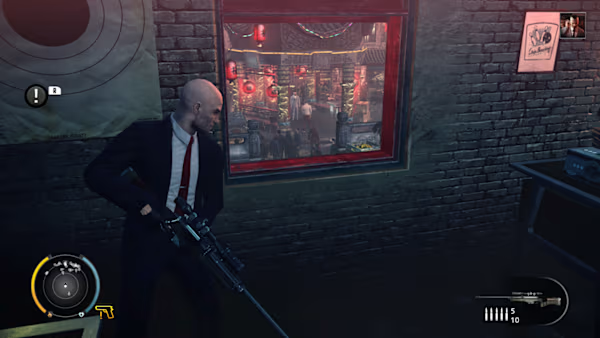Cobalt Core Preview – Preview

Faster Than Light + deckbuilding = A run-based moonshot.
I pride myself on not announcing my “game of the show” too early, but in only my third appointment of the PAX West weekend, I loudly made that proclamation (and fortunately it stayed true). At the booth of publisher Brace Yourself Games, I had the pleasure of demoing a little game called Cobalt Core, and to that point I had seen almost nothing about it, outside of a few images attached to an email. Within minutes I knew that what I was experiencing was both unexpected and amazing. While it reminds me of FTL: Faster Than Light, I found Cobalt Core’s combat and well-explained mechanics a refreshing breath of run-based air.
The demo took me through an abbreviated map of about 15 destinations (which is less than the standard 20-30 spaces in the full game). At each one, there are events like combat encounters, item or treasure discoveries, or opportunities to heal your ship. The objective is to take your crew of three through a trio of maps to reach the end of a run. Along the way, you can unlock new characters (all of whom are cute animals with cuter names) and new ships that can be chosen in future sessions. Finishing a run unlocks a small amount of backstory for these amnesiac characters and their time-looping world, but there’s immense satisfaction to be had in just playing around with the different crew and craft permutations.
Each character has a different specialization that leads into the types of cards they bring into your deck. Combat encounters make use of these cards to function as your ship’s moves; shooting, dodging, and raising shields are all tied to specific cards that are drawn from your deck and splayed in front of you on each turn. You have three energy points to spend on cards, and you have the advantage of seeing what the opposing ship will be doing on their turn. This means you’ll know how you need to dodge to evade their fire or how many shield points you’ll need to negate it. In many situations you’ll be given the opportunity to expand your deck with new cards, and these offer more advanced abilities, like adding one attack power to every shot fired during that turn. In other spots, enemies will put garbage cards into your deck–you might even generate some of these yourself–and you’ll need to find ways of neutralizing such disadvantages to keep yourself in the fight.

There’s a comfort to the unfamiliar in Cobalt Core that other roguelike titles tend to stray from. While trial-and-error can be enjoyable to an extent, I myself get more out of being shown how things work and then acting upon that knowledge. Moving the cursor onto new cards, new visual effects, and different objects explains clearly what you’re looking at; there’s much less guess work going on, and I’m definitely here for it. There’s already so much mystery involved with the cards you’re dealt each round and the spaces you visit on the map, so it’s refreshing to see gameplay that stays away from the obtuse and embraces transparency.
Even though a full run of Cobalt Core can be completed in an hour or two, unlocking all of the story content will take upwards of 20 hours. Because of the variety of ways that each run can play out, though, there are hundreds of hours of new experiences waiting to be had here. It ultimately feels like a more approachable space-themed roguelike, with deckbuilding elements that feel like a natural complement rather than something that’s just shoe-horned in. With a Steam release coming first in November, those who want to get their furry paws on Cobalt Core as soon as possible can do so there. While there’s been no formal announcement of a Switch version just yet, it sure seems like a release on Nintendo’s hybrid device could be written in the stars.




